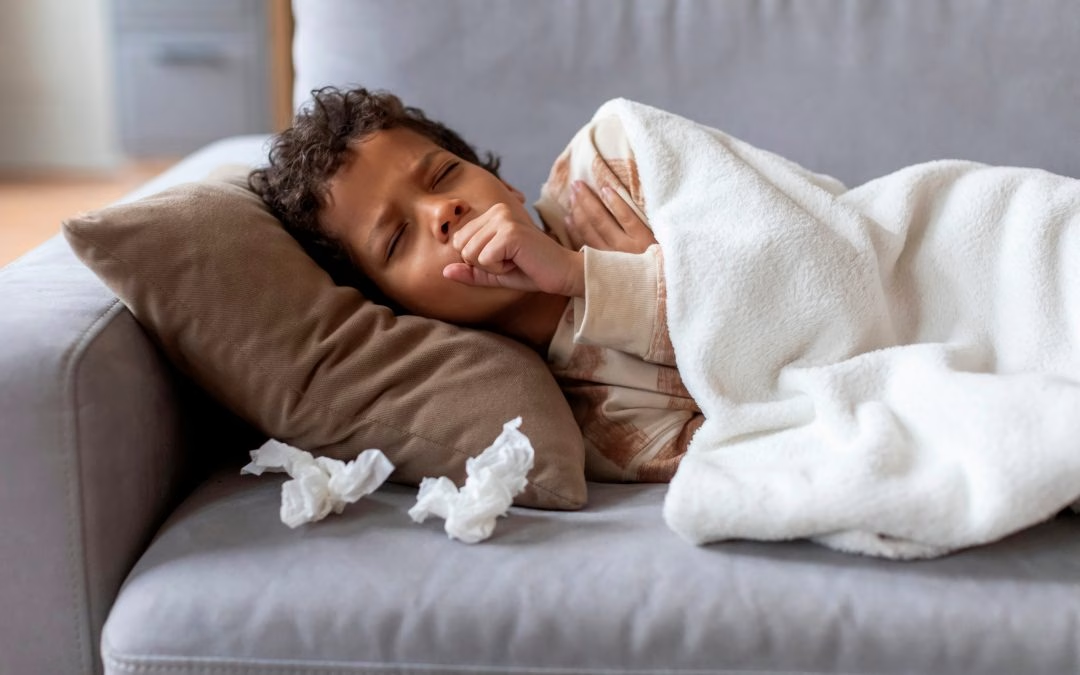
If you get a yeast infection, you’re not alone. Yeast infections are a common condition among women, and they’re very treatable.
Read on as our team at AFC Urgent Care Athens, TN provides some helpful info on this common problem.
- What they are: A vaginal yeast infection is also known as candidiasis. A healthy vagina contains bacteria and some yeast cells, but when those bacteria and yeast levels change, yeast cells will multiply, thus causing severe itching, swelling and irritation.
- How to know if you have one: Monitor your symptoms. Yeast infections share common symptoms, which include soreness, redness, burning during urination or sex, swelling around the vagina, rash and vaginal itching. Check with your doctor first if you experience these symptoms even if you plan to use at-home treatments.
- A great, at-home treatment: Eating Greek yogurt. Greek yogurt is rich in probiotics, will increase the gut microbiome and can reduce yeast in the body. Plain Greek yogurt is the best kind to use for this home remedy. Make sure that the yogurt doesn’t contain added sugar, which fuels the growth of the Candida fungus.
- Another effective remedy: Boric acid. Topical boric acid is a powerful antiseptic that is recommended by the CDC as a treatment for vaginal infections. Boric acid is toxic in large amounts, though, so don’t use it on broken skin or take it orally.
- What to expect from at-home remedies: Most home remedies bring relief within a few days while some may take up to a week. Call your doctor if your symptoms worsen or if new symptoms appear at any time during treatment.
- What to do next: If these remedies don’t work, contact a medical professional again. Each yeast infection is different, so your doctor will suggest a treatment that is best for your body.
- What to do after: If your doctor has prescribed a medicinal treatment, make sure you finish out your dosage. Even if you feel better before your medicine is done, taking the full dose will make sure the harmful bacteria is gone.
- Action steps to prevent future infections: Make lifestyle changes. Some effective ones include: limiting the amount of sugar and processed foods you consume, wearing loose-fitting cotton underwear and not spending extended amounts of time in wet clothes or bathing suits.
If you have any questions about yeast infections or need general medical care, don’t hesitate to reach out to our AFC Urgent Care Athens, TN team today!


